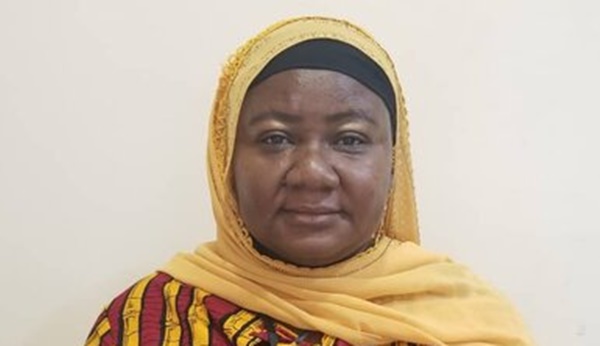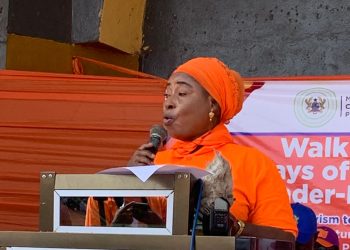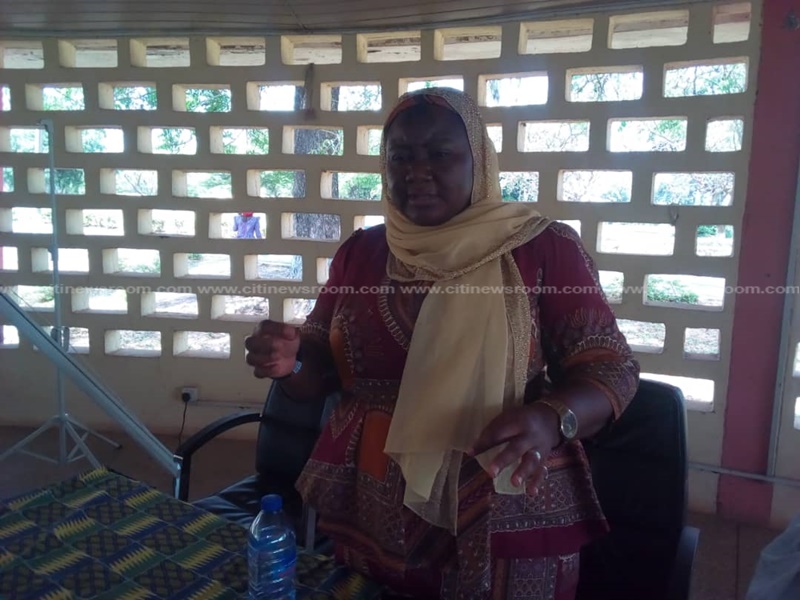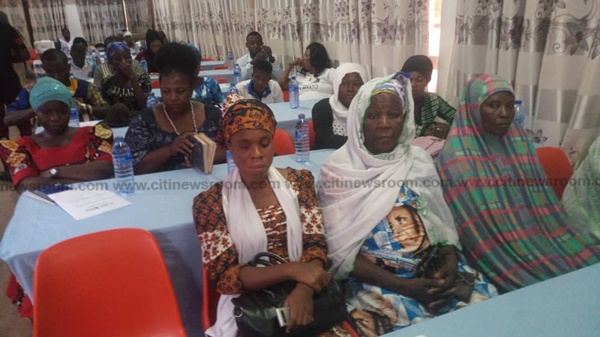Recently, I had a group discussion with three categories of Ghanaians—women, young people, and the aged—on the changes they most desire to see in their lives. This was to help my organization, Songtaba, plan our interventions for next year. What I learned was eye-opening.
Most women said that they want their small businesses to thrive so they can take care of their families and afford their children’s education. The young people are looking for more job opportunities, stronger skills development, support for their business initiatives, and the chance to participate in discourses affecting them. My discussions with the aged revealed a “lost hope syndrome” that was evident in their lamentations about youth vigilantism, drug addiction, and the high unemployment for the younger generation. Their constant comparison of “their time” to now underscored just how much we need to do to bring about development for our people.
Despite the worries and concerns, a common theme among all these people was the yearning for a new hope. A hope that will give Ghanaians a renewed sense of purpose. A hope that will transcend politics and political strife. A hope that will create the future we want.
In my line of work, I often see vulnerable groups—such as persons with disability or women living in exclusion—being treated with utter disrespect and in inhumane ways. As many may recall, in July 2020, 90-year-old Madam Akua Dente was accused of witchcraft and lynched in broad daylight while her entire community looked on. Too often, derogatory statements are linked to women and girls, and this limits their ability to challenge gender-based violence.
Gender equality and cultural sensitivity are important prerequisites for the fulfillment of human rights. Most of our societal challenges are related to our culture: values, norms, and related practices that sustain and promote gender inequality and injustice. Women and girls continue to experience different forms of exclusion and are subjected to dehumanizing conditions such as child marriages, witchcraft allegations and banishments, female genital mutilation and forced marriages. These deep-seated practices undermine the ability of women and girls to achieve their best, denies them of their educational, political, and health rights and suppresses their collective voice.
Social actors across the development spectrum in Ghana continue to protect and entrench harmful social norms. Government efforts to project the superiority of the constitution have yielded little result, while strategies to rebuild and reconstruct progressive social norms that align to constitutional provisions, policies, and conventions are disconnected and uncoordinated. This makes inclusive planning, implementation, and effective tracking of progress a major challenge.
In building the Ghana we want, we need a well-tailored and articulated plan that will consider the needs of women, children, the aged, and their diversities. We want to see religious and the traditional authorities working together towards changing the cultural practices as well as the systemic bottlenecks that continuously limit economic opportunities for women and youth.
I have spent more than 20 years advocating on women’s and gender norms and rights transformation, and I must admit that there are aspects of the constitution and some national policies that further widen the inequality gap. Ghana needs policy reforms to achieve lasting, positive change in the lives of men, women, boys, and girls in their diversities, as well as persons with disabilities.
Recognizing that removing barriers to social inclusion can allow for full equality and inclusion of women in the productive economy, the Government of Ghana has taken some steps through the enactment of a national policy framework to promote gender equality and social inclusion. In 2004, the government developed its first gender and children policy under the Ministry of Women and Children Affairs (MOWAC). In 2013 the Ministry of Gender, Children and Social Protection was created to replace MOWAC. However, even with these efforts, we are still struggling to get the affirmative action bill passed.
According to a warning in the UN’s World Inequality Report, “[I]f rising inequality is not properly monitored and addressed, it can lead to political, economic, and social catastrophes”. With the already damming situation and challenges faced by women with regards to access to social protection, inequalities to employment and job quality, inability to access and own land and other productive resources, any unrest will further worsen the plight of women, girls, and other vulnerable groups.
Ghanaians have the opportunity to go to polls every four years, the next election is in 2024. We want to see the aspirations of women, men, boys and girls and their diversities reflected in the manifestos that political leaders speak to.
That’s why a national consensus to define the Ghana we want is imperative at this time in our nation’s journey. The Ghana Compact which is an initiative of the African Center for Economic Transformation in collaboration with eminent Ghanaian think tanks and organizations has taken up this cause, offering a way forward.
The Ghana Compact will set well-articulated, sustainable, and collectively agreed-upon goals and targets for the country’s governance, political processes, economic management, and policies of inclusion for the second quarter of the 21st century.
It presents a great opportunity for the citizens in Ghana—as well as government leaders and development partners—to come together to create a long-term action plan that is unanimously accepted.
We must encourage discourses that allow the participation of women, children, and underserved populations to ensure inclusivity. Shannon Jarrott, PhD said, “Show me any social problem and I’ll show you an intergenerational solution.” We must make strong efforts towards intergenerational solutions and ensure that young people and older generations work together to create a more inclusive and diverse society.
——
Lamnatu Adam is a development practitioner with about twenty years’ experience in gender and human rights activism. She is deeply interested in the fight for social justice with a focus on community development. She has contributed significantly to changing the narrative on gender discrimination and violence against excluded groups in the Northern Ghana and beyond. Lamnatu is a member of the Steering committee of the Network for Women’s Rights (NETRIGHTS) in Ghana








